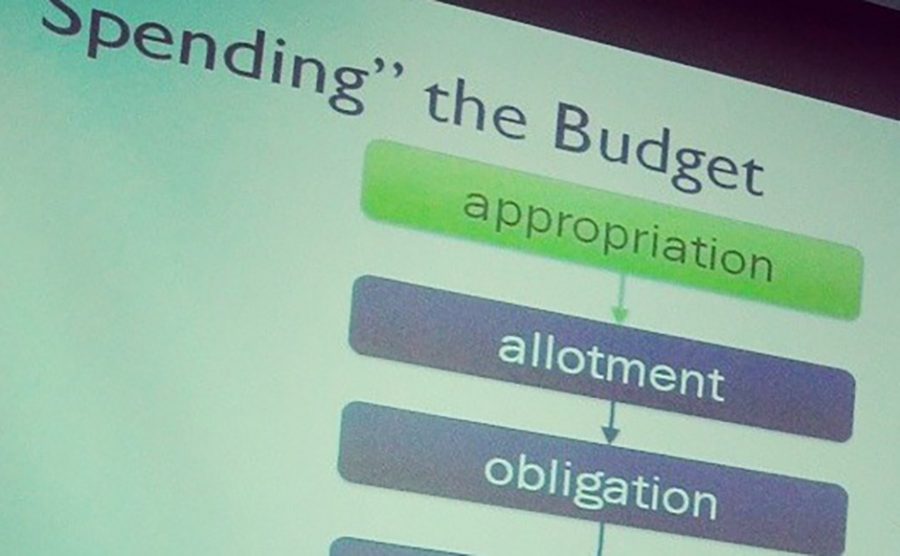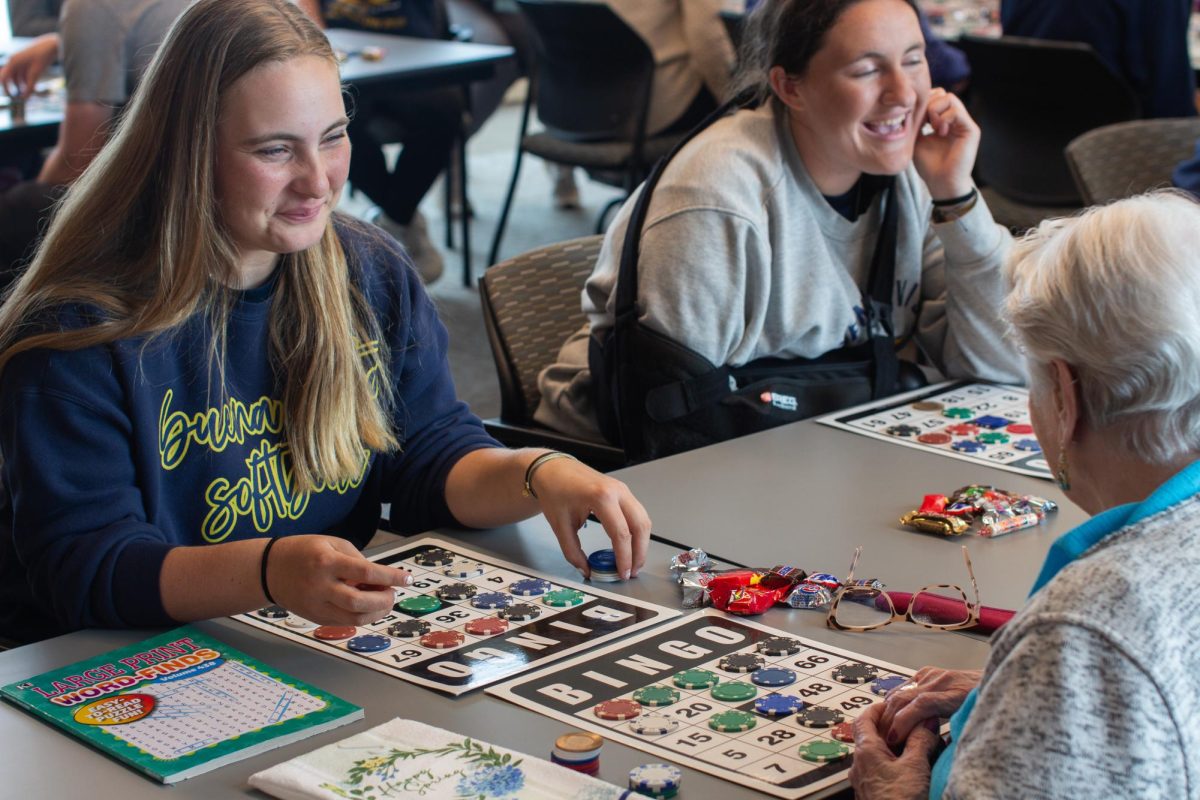Kiley Wellendorf | News Co-Editor
“Because of such a high demand in not only the number of requests but also the amounts, student organizations need to understand that they will not all be getting what they requested for,” Treasurer of Student Senate Aaron Burns said.
As the end of the academic year approaches, Student Senate faces another big event that holds importance to clubs and organizations around campus. Allocations occurs each year as a way for organizations to showcase their efforts and apply for a specific amount of funding for the upcoming academic school year. While some organizations aren’t required to apply through student senate, a dramatic increase occurred during applications this year.
“This year, we had 37 organizations apply for funding,” Burns said. “That is 10 more organizations than last year. I knew last year that the numbers were lower, which made working with the budget much simpler.”
While each organization presents their plans, budget, and criteria to Student Senate, this also gives Student Senate the opportunity to ask any questions or concerns they may have with a specific plan or strategy. Dr. Becka Neary-DeLaPorte, describes the process of applying to present for allocations.
“Organizations get the information and process timeline at the March Presidents Council meeting (monthly meetings held for presidents where we discuss upcoming events and leadership development items),” Neary-DeLaPorte said, “Most organizations work within their executive board (two to five) people to create their budget and fill out the allocations paperwork. Due to the timing of allocations sometimes it is the outgoing board working with the incoming board. They complete a budget and then present to the finance and financial aid committee.”
Following organizations proposals, members then wait until the Treasurer has all of the information organized. Burns says that last year he was able to finish figure out the allocations within a week, but this year is entirely different.
“I have finally gotten the numbers to work out like I need them to, but because of the conflicts I ran into, I’m showing them to higher powers than myself,” Burns said.
While each organization will use their funding for different experiences, some of the most expensive parts of funding are usually set aside for conferences or travel. Although Student Senate wants to be able to help all organizations out, it all comes down to what organization are requesting the money for.
“The most difficult thing is disappointing groups, but that is how the real world works,” Neary-DeLaPorte said, “Organizations with well thought out and researched budget request and a successful track history with spending their money often sees their hard work reflected in their allocated amount.”
The results for allocations have not yet been revealed, but organizations will be kept posted on the future status of upcoming funding.









